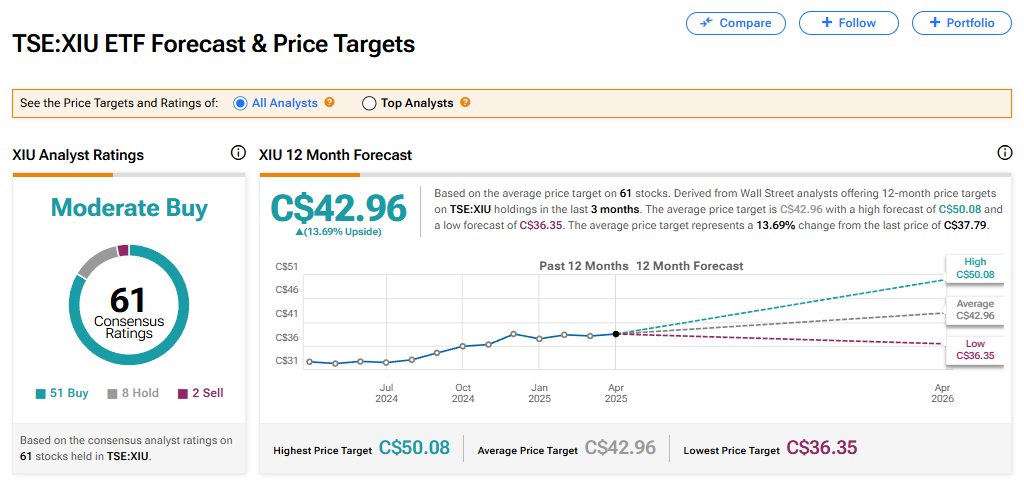Prime Minister Mark Carney has led his Liberal government back to power in a closely contested Canadian election, albeit with a minority government.
Elevate Your Investing Strategy:
- Take advantage of TipRanks Premium at 50% off! Unlock powerful investing tools, advanced data, and expert analyst insights to help you invest with confidence.
- Make smarter investment decisions with TipRanks' Smart Investor Picks, delivered to your inbox every week.
The incumbent Liberals secured a fourth consecutive term from Canadian voters, winning 168 out of 343 electoral ridings across the country. However, the Liberals came just short of the 172 seats needed to form a majority government in Canada’s Parliament, raising the prospects of a coalition government.
The Conservative Party of Canada will remain the official opposition after winning 144 seats in Parliament. The socialist New Democratic Party (NDP) and sovereigntist Bloc Québécois suffered significant losses in the national election.
The NDP is projected to win just seven seats, down from 24 seats before the election. The Bloc Québécois is projected to win 23 seats, down from 33 previously. Either political party could form a coalition government with the Liberals and hold the balance of power in Canada’s Parliament.
Leaders Lose Seats
In an embarrassing twist, Jagmeet Singh, the political leader of the NDP, and Pierre Poilievre, leader of the Conservative Party, each failed to win a seat in Parliament. After losing his riding in British Columbia to a Liberal challenger, Singh resigned as NDP leader in an emotional concession speech.
Meanwhile, preliminary results show Poilievre losing his riding in Ontario to Liberal candidate Bruce Fanjoy. The loss ends Poilievre’s nearly two-decade tenure as a Member of Parliament and the result is likely to prompt questions over his future as leader of the Conservative Party.
Poilievre is the fourth consecutive Conservative leader to lose an election to the Liberals, who have been in power at the federal level in Canada since 2015.
Fighting Back Against Trump
In his victory speech, Prime Minister Carney said he will govern for all Canadians and vowed to fight back against U.S. import tariffs and threats of annexation. Carney became Canada’s Prime Minister in March of this year, replacing former Prime Minister Justin Trudeau.
The Canadian dollar held firm against the U.S. dollar on news of Carney’s victory, and futures on the Toronto Stock Exchange are slightly lower. The Canadian dollar has strengthened in recent weeks as the U.S. dollar has slumped following President Donald Trump’s announcement of reciprocal tariffs on more than 100 countries.
Is the iShares S&P/TSX 60 Index ETF a Buy?
The iShares S&P/TSX 60 Index (TSE:XIU), which tracks the 60 largest securities on the Toronto Stock Exchange, has a consensus Moderate Buy rating among 61 Wall Street analysts. That rating is based on 51 Buy, eight Hold, and two Sell recommendations issued in the last three months. The average XIU price target of C$42.96 implies 13.69% upside from current levels.

















